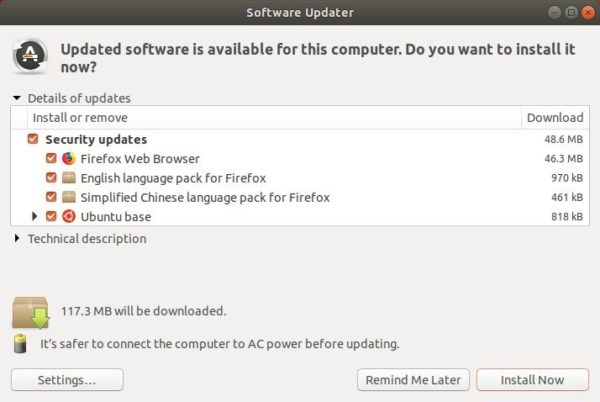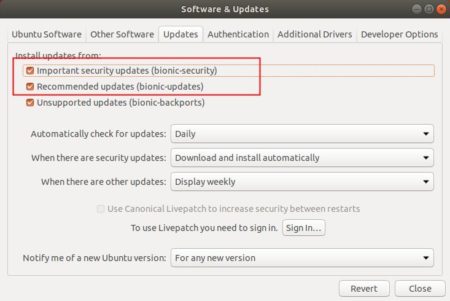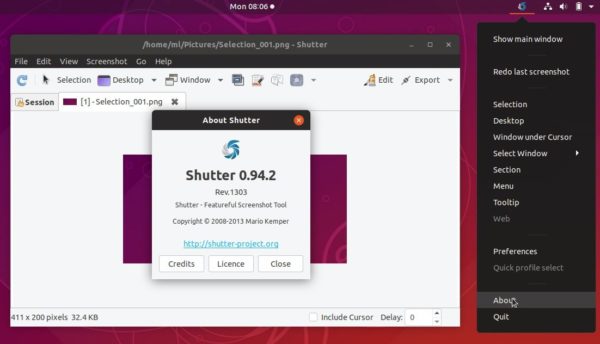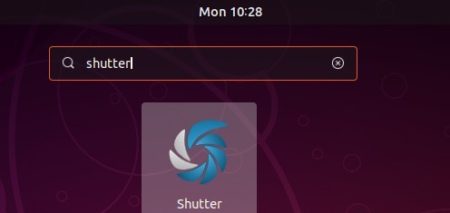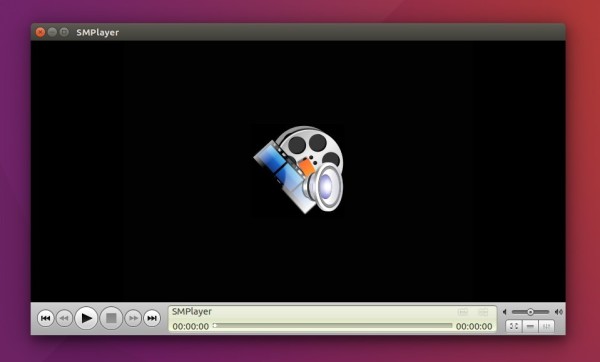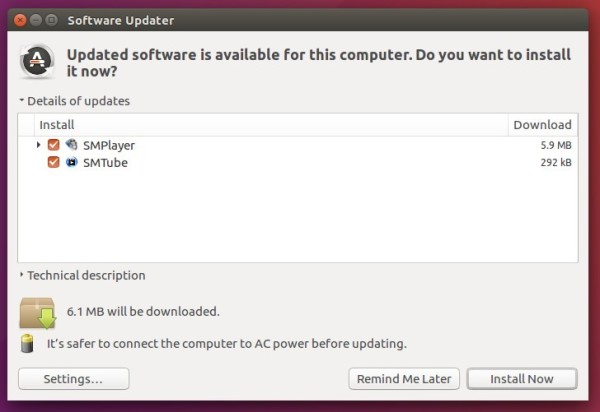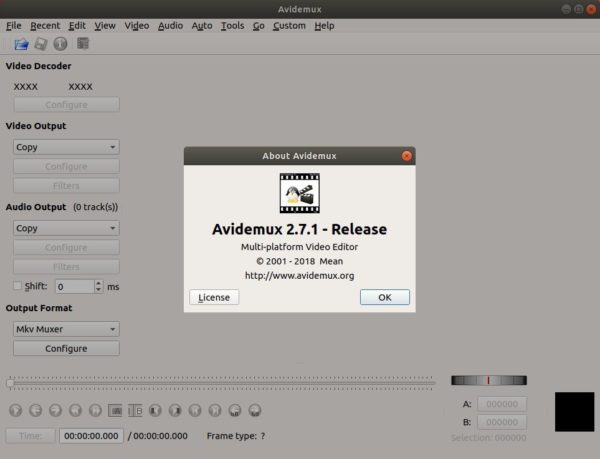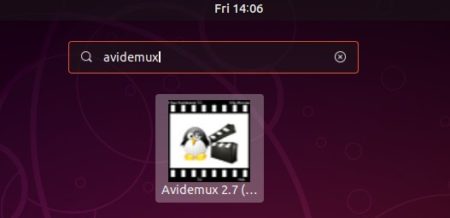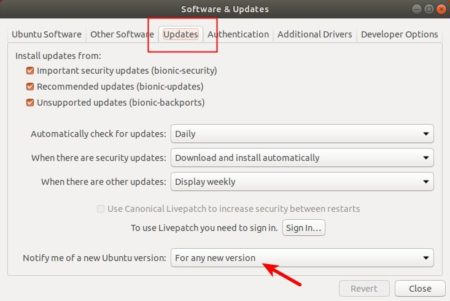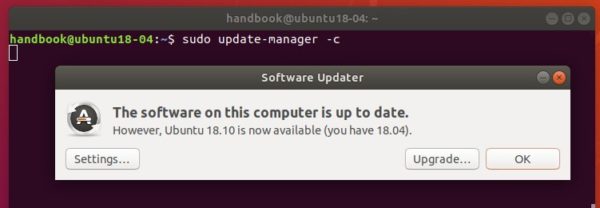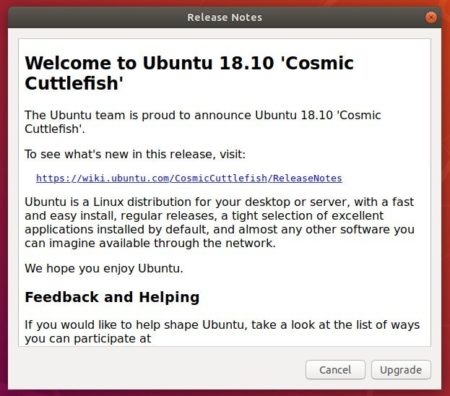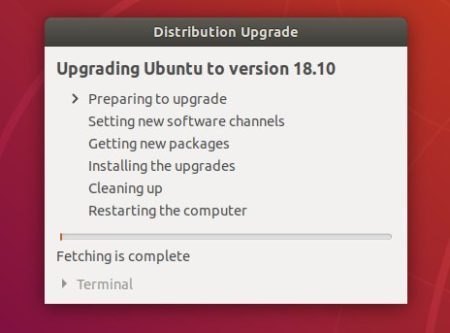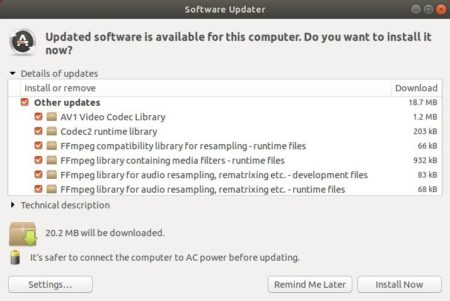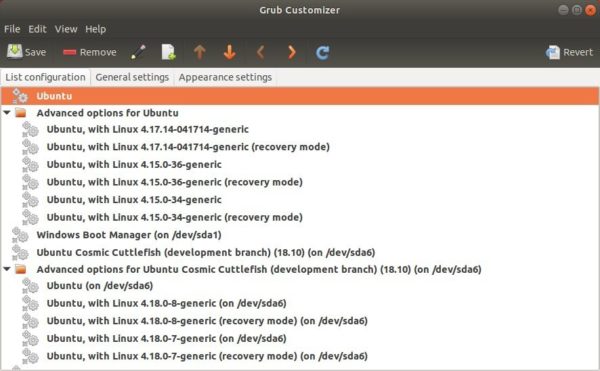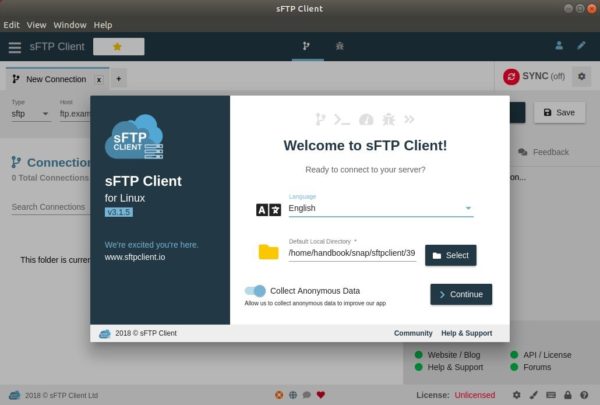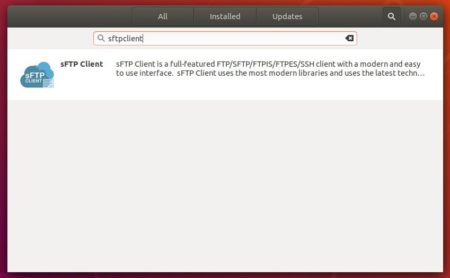
Linux Kernel 4.19 LTS (Long Term Support) was released yesterday. Instead of Linus, Greg KH announced the new 4.19 release and wrote lots of words:
While it was not the largest kernel release every by number of commits, it was larger than the last 3 releases, which is a non-trivial thing to do. After the original -rc1 bumps, things settled down on the code side and it looks like stuff came nicely together to make a solid kernel for everyone to use for a while. And given that this is going to be one of the “Long Term” kernels I end up maintaining for a few years, that’s good news for everyone.
A small trickle of good bugfixes came in this week, showing that waiting an extra week was a wise choice. However odds are that linux-next is just bursting so the next -rc1 merge window is going to be bigger than “normal”, if there is such a thing as “normal” for our rate of development.
And speaking of development, there’s that other thing that happened this release cycle, that ended up making it such that I’m the one writing this instead of Linus. Allow me the guilty pleasure of taking a few minutes to talk about that….
…
What’s New in Kernel 4.19 (via omgubuntu.co.uk):
- An alternate mode driver for USB Type-C/DisplayPort Type-C support
- Better support for Intel’s Low Power Subsystem (LPSS)
- Support for Qualcomm Adreno 600 series hardware
- Initial support for Intel Icelake graphics
- Armada atomic mode-setting
- Ongoing DRM improvements
- x86 KVM improvements
- In-kernel GPS subsystem
- General touchscreen improvements
- Initial support for the 802.11ax WLAN
- Various Filesystem improvements
- Obligatory Linux power management tweaks
- Continued Y2038 prep
How to Install Linux Kernel 4.19 in Ubuntu:
There are a few third-party tools, e.g., UKTools and Ukuu, make it easy to install the latest Kernel in Ubuntu.
You can also manually download the Kernel 4.19 Ubuntu binary packages at:
Download Kernel 4.19
Depends on your OS type, download and install the packages in turns:
- linux-headers-4.19.0-xxxxxx_all.deb
- linux-headers-4.19.0-xxx-generic(/lowlatency)_xxx_amd64(/i386).deb
- linux-modules-4.19.0-xxx-generic(/lowlatency)_xxx_amd64(/i386).deb
- linux-image-xxx-4.19.0-xxx-generic(/lowlatency)_xxx_amd64(/i386).deb
Select generic for common system, and lowlatency for a low latency system (e.g. for recording audio), amd64 for 64bit system, i386 for 32bit system, or armhf, arm64, etc for other OS types.
Also you can download and install the kernel binaries via terminal commands:
For 64-bit OS:
cd /tmp/
wget -c http://kernel.ubuntu.com/~kernel-ppa/mainline/v4.19/linux-headers-4.19.0-041900_4.19.0-041900.201810221809_all.deb
wget -c http://kernel.ubuntu.com/~kernel-ppa/mainline/v4.19/linux-headers-4.19.0-041900-generic_4.19.0-041900.201810221809_amd64.deb
wget -c http://kernel.ubuntu.com/~kernel-ppa/mainline/v4.19/linux-image-unsigned-4.19.0-041900-generic_4.19.0-041900.201810221809_amd64.deb
wget -c http://kernel.ubuntu.com/~kernel-ppa/mainline/v4.19/linux-modules-4.19.0-041900-generic_4.19.0-041900.201810221809_amd64.deb
sudo dpkg -i *.deb
for 32-bit OS:
cd /tmp/
wget -c http://kernel.ubuntu.com/~kernel-ppa/mainline/v4.19/linux-headers-4.19.0-041900_4.19.0-041900.201810221809_all.deb
wget -c http://kernel.ubuntu.com/~kernel-ppa/mainline/v4.19/linux-headers-4.19.0-041900-generic_4.19.0-041900.201810221809_i386.deb
wget -c http://kernel.ubuntu.com/~kernel-ppa/mainline/v4.19/linux-image-4.19.0-041900-generic_4.19.0-041900.201810221809_i386.deb
wget -c http://kernel.ubuntu.com/~kernel-ppa/mainline/v4.19/linux-modules-4.19.0-041900-generic_4.19.0-041900.201810221809_i386.deb
sudo dpkg -i *.deb
Once installed, restart your computer and enjoy!
Uninstall Linux Kernel 4.19:
Restart your machine and select boot with the previous kernel in boot menu ‘Grub2 -> Advanced Option for Ubuntu’. Then run command to remove Linux Kernel 4.19.0:
sudo dpkg --purge linux-image-4.19.0-041900-generic linux-image-unsigned-4.19.0-041900-generic
![]()
